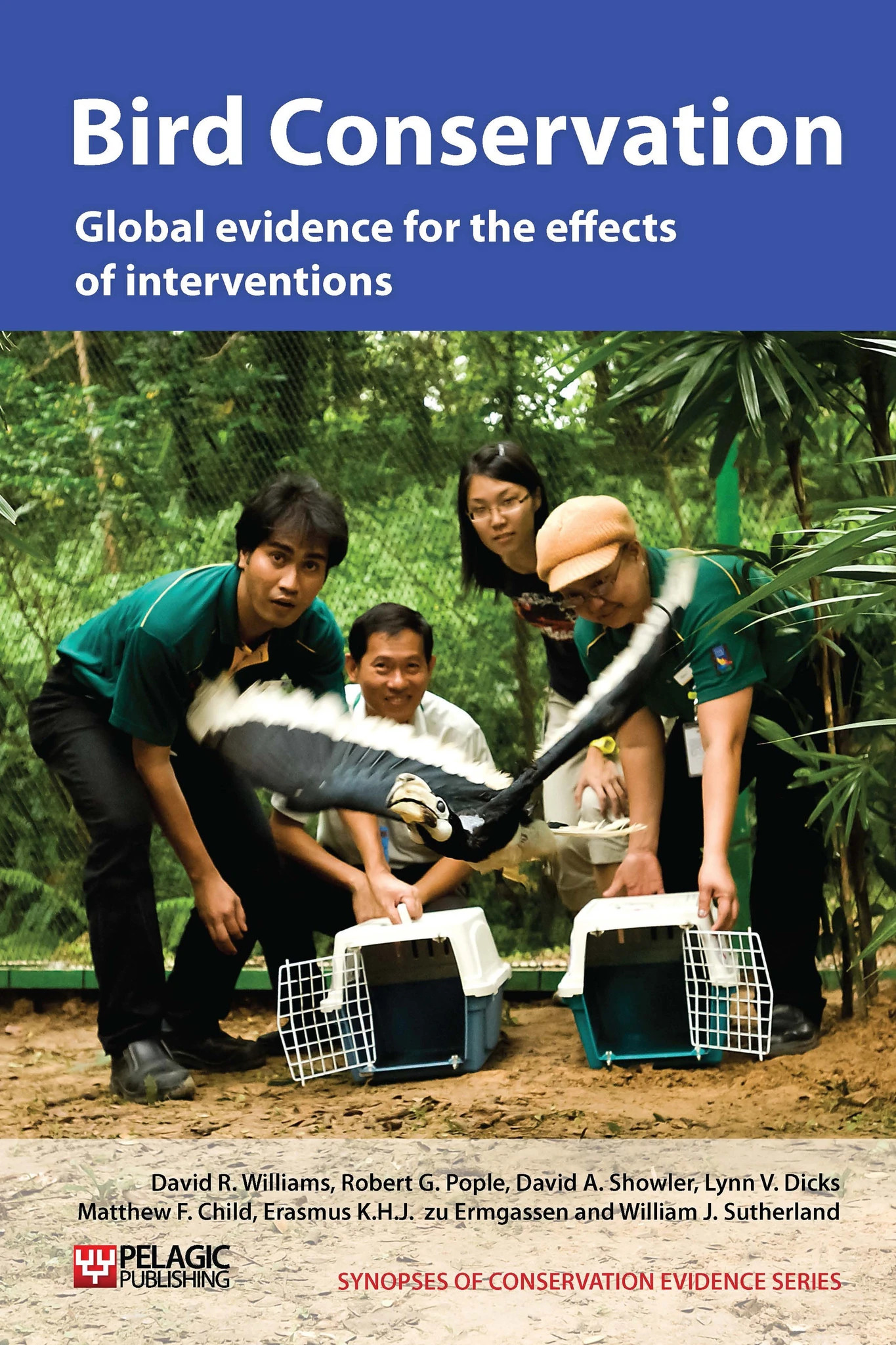Use shark liver oil to reduce seabird bycatch
-
Overall effectiveness category Unknown effectiveness (limited evidence)
-
Number of studies: 2
View assessment score
Hide assessment score
How is the evidence assessed?
-
Effectiveness
30% -
Certainty
25% -
Harms
0%
Study locations
Supporting evidence from individual studies
A replicated, controlled experiment off the coast off north-east New Zealand (Pierre & Norden 2005) found that the number of dives made by seabirds in pursuit of pilchard baits behind a longline fishing vessel was dramatically lower (< 5 birds/min) when small quantities of shark liver oil were dripped onto the water behind the vessel than during control trials using vegetable oil (always > 30 birds/min) or sea water (20-40 birds/min). Diving birds were mainly flesh-footed shearwaters Puffinus carneipes, but also Buller\'s shearwaters Puffinus bulleri and white-faced storm petrels Pelagodroma marina.
Study and other actions testedOne replicated, controlled experiment off Kaikoura, South Island, New Zealand, in 2005 (Norden & Pierre 2007) found no significant differences in the number of seabirds following a bait-laying boat when it was dripping shark liver oil (both commercially available and made by fishermen) behind the boat, compared to control conditions. However, a second trial in April 2006 off Hauraki Gulf, North Island, New Zealand found the number of seabirds following a bait-laying boat decreased significantly faster if fisherman-produced shark liver oil was dripped behind the boat, compared to controls dripping seawater. Other fish oils (anchovy, pollock and commercially available shark liver oil) did not have a significant impact on the number of following birds. However, all oils except for anchovy did significantly reduce the number of dives made by seabirds.
Study and other actions tested
Where has this evidence come from?
List of journals searched by synopsis
All the journals searched for all synopses
This Action forms part of the Action Synopsis:
Bird Conservation
Bird Conservation - Published 2013
Bird Synopsis





)_2023.JPG)














